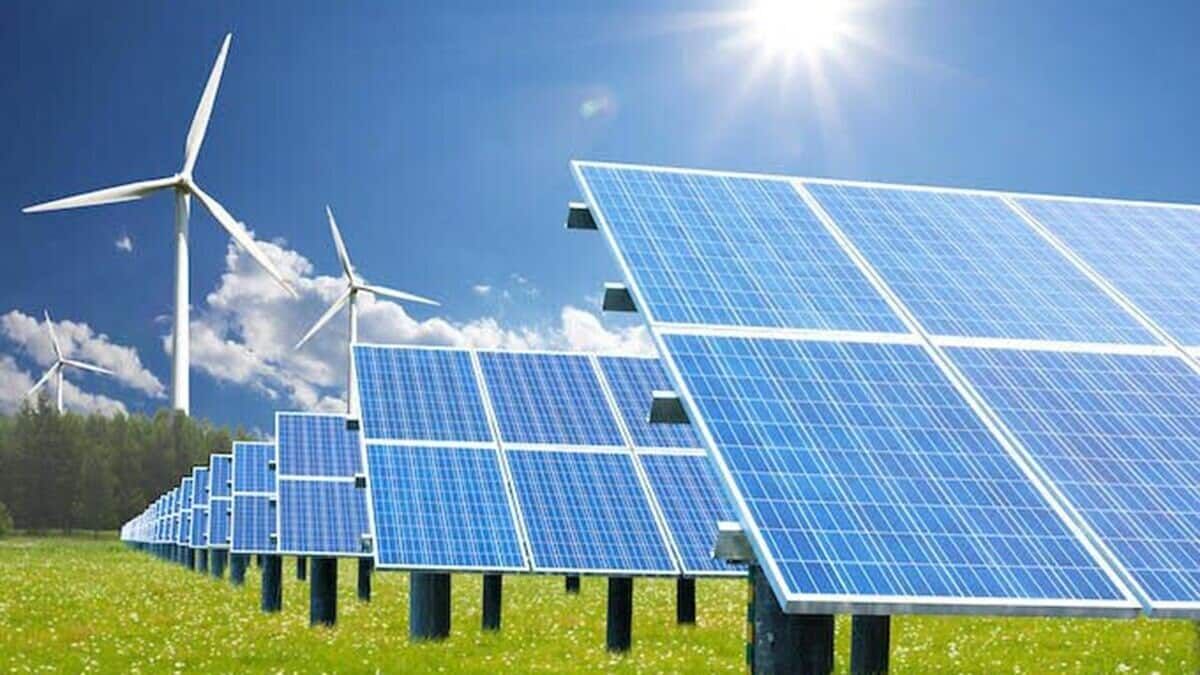
PM Surya Ghar Muft Bijli Yojana to power 1cr households
What's the story
In Union Budget 2024, Finance Minister Nirmala Sitharaman has announced the extension of PM Surya Ghar Muft Bijli Yojana to one crore households.
The initiative aims to power them with 300 units of free electricity every month, by installing rooftop solar panels.
The scheme has already seen a positive response with over 1.28 crore registrations, marking a significant milestone in India's renewable energy journey.
Benefits
Scheme promises financial relief and energy independence
The scheme is designed to provide financial relief to households by harnessing solar power.
The photovoltaic panels installed on rooftops will not only reduce dependence on grid electricity, but also enable households to generate and sell surplus energy.
This could lead to annual savings of ₹15,000 to ₹18,000 for each household.
The scheme also includes the implementation of Net Metering, which allows excess energy to be fed back into the grid to earn users credits, thus lowering future utility bills.
Economic impact
Scheme spurs employment and entrepreneurship opportunities
Beyond cost savings, the PM Surya Ghar Muft Bijli scheme is expected to facilitate the charging of electric vehicles, and promote entrepreneurship among vendors who supply and install solar panels.
It should create several employment opportunities for youth with technical skills in manufacturing, installation, as well as maintenance.
To make it financially feasible for homeowners to set up solar rooftops, the government is offering subsidies ranging from ₹9,000 to ₹18,000 per kW, under the Rooftop Solar Program Phase-II.
Renewable goals
India's ambitious solar power generation targets
India's rooftop solar capacity has grown to 2.7GW since 2016.
Despite slow adoption due to lack of awareness as well as financing options, initiatives like Pradhan Mantri Suryodaya Yojana (PMSY) aim to accelerate solar energy uptake.
The Centre is targeting an annual solar power generation of 40GW over the next five years, striving to achieve a non-fossil fuel capacity of 500GW by 2030.